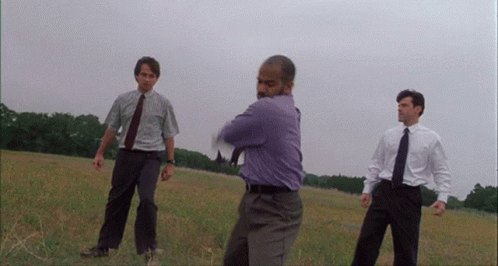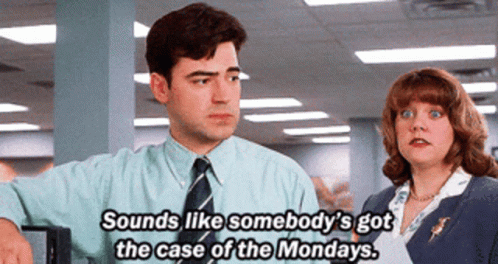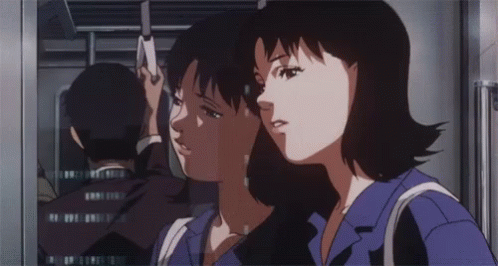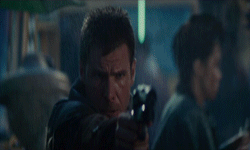The average American spends roughly 2,080 hours at their job. That's over two-thousand hours of micromanagers, office politics, and the ever dreaded 'case of the Mondays'. 1999's cult classic sendup of corporate culture Office Space perfectly captures the modern office environment at its most absurd. Nearly a quarter century after its release this hilariously brutal satire of white collar work continues to resonate with every employee who has ever had the misfortune to sit in a cubicle.
The story begins with computer programmer Peter facing an existential crisis. While he has a decent wage, a nice apartment, and a stable relationship he begins to realize that he takes no joy in the life that he worked so hard for. He soon determines that his greatest problem is the soul-sucking nature of his job where he faces an inability to advance, a demanding boss, and an endless stack of monotonous paperwork. He becomes so depressed by his work that he finally seeks the help of a hypnotherapist who successfully places him in a blissful state. Hijinks ensue, however, when the hypnotherapist dies mid-session, leaving Peter perpetually in a carefree state. He then breaks up with his nagging girlfriend and becomes completely indifferent to his work, living purely for today. The more that he slacks the more quickly that he finds himself ascending the corporate ladder, even as his hardworking colleagues continue to struggle. When he learns that two of his friends are about to be laid off he leads them in a plot to topple their company and abscond some corporate funds along the way.
While it was a commercial failure upon its 1999 release Office Space has since gone on to become widely regarded as a modern comedic classic. In its exploration of Peter's journey from depressed, but dedicated, office drone to Zen slacker the film perfectly captures the trials and triumphs of the office experience. The depiction of the callousness that he endures at the hands of his insufferable manager aptly portrays the ways in which all too many companies undervalue and overwork their employees, Similarly, the ways in which Michael, Samir, and Milton are discarded by management highlights the ways in which employees are too often treated as disposable. Peter's unlikely rise up the corporate ladder also stands out for its uncannily accurate depiction of the phenomenon of 'failing up' in which some employees' poor performance and bad behavior are rewarded, with the least capable often rising to the highest levels of a company. Even as it explores the darkness lurking beneath the white collars the film manages to remain as light as an office window and as sharp as a brand new stapler. Through its wonderfully over the top depictions of the frustrations of failing office equipment and eye rolling efforts at boosting office morale the film expertly sends up office culture at its most inane. The film's portrayal of the daily grind paints an apt portrait of work at the end of the millennium while also eerily predicting such modern phenomenon as 'quiet quitting' and 'the great resignation'. For the ultimate workplace comedy pull up a keyboard in Office Space.
The film is brough to uproarious life thanks to the brilliant work of its cast. Stephen Root steals each scene in which he appears as abused office grunt Milton. Ajay Naidu infuses straight laced Samir with amiability and optimism. David Herman is wonderfully outrageous as rage prone Michael. Diedrich Bader is a comic marvel as Peter's unfiltered neighbor, Lawrence. Jennifer Anniston conveys warmth and girl next door charm as Peter's love interest, Joanna. Gary Cole is the boss everyone loves to hate as Peter's smarmy manager and arch nemesis, Bill Lumbergh. Even in the midst of outstanding supporting performances the film belongs to Ron Livingston as everyman Peter, as he perfectly captures Peter's journey from desperate office drone to satisfied slacker with charm, wit, and relatability.
At once a scathing satire of corporate culture and a call to break out of the cubicle Office Space is nothing short of comedic gold. The film perfectly captures the everyday absurdities of the modern office while hinting at the darkness lurking just beneath the the shiny desktop surface. The cast brilliantly brings the story to uproarious life, with wit and charm. For essential comedic viewing punch in to Office Space.
 |
| Damn it feels good to be a gangsta |








